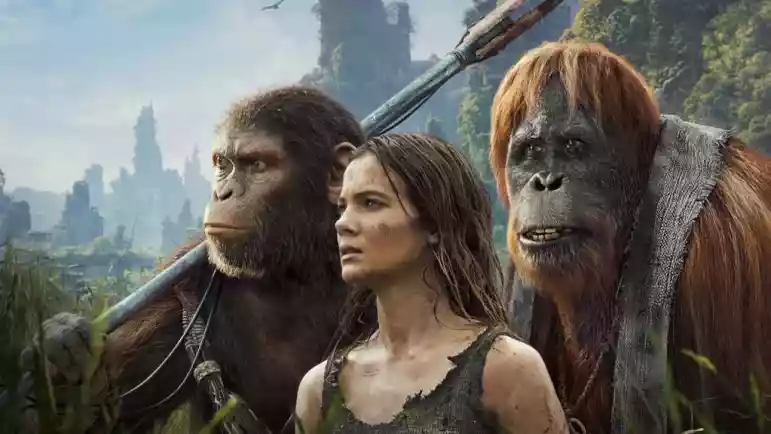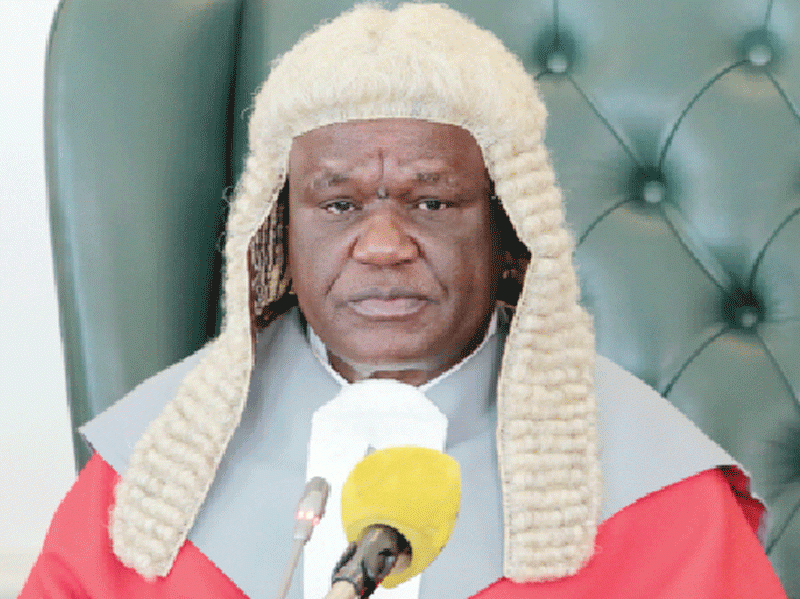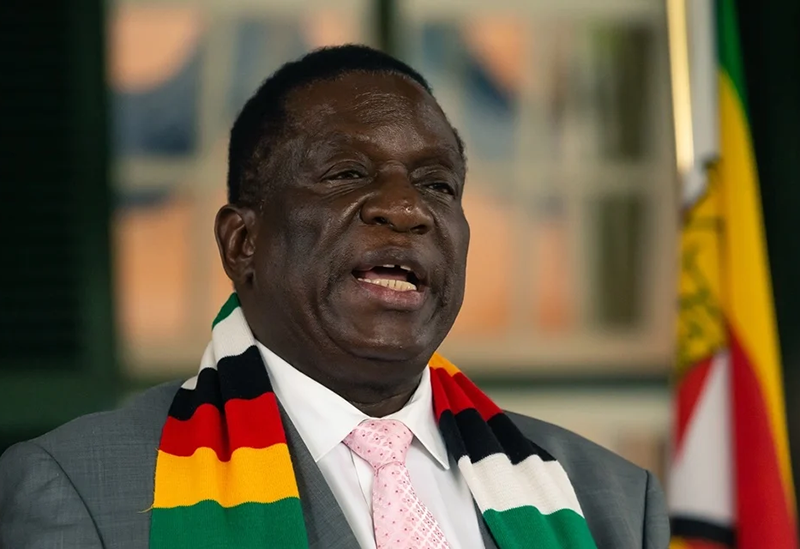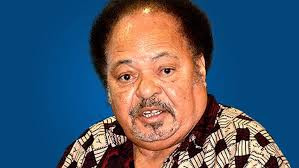
First there was King Kong, terrorising the world. Then there was Planet of the Apes, in which man and apes fought for control in a post-apocalyptic world. Around the same time, on a lighter note, we had King Louie in Jungle Book, the King of the Swingers, the Jungle VIP, the one who had “reached the top” and “that’s what bothering me”. Finally, we might look to Clyde, the gorilla that stole the show from that great screen hero, Clint Eastwood, in the film Every Which Way But Loose with his comic interventions to lampoon all Clint Eastwood’s previous Western films. Over the years we have also seen true stories about apes through the work done in the 1960s by Dianne Fossey, portrayed in the film Gorillas in the Mist, and Jane Goodall, both of whom worked closely with gorillas to try to gain a closer understanding of these incredible creatures and save them from extinction.
Historically, however, apes and their like have been part of our world and thinking for centuries. We recall the tradition of the three wise monkeys — See No Evil, Hear No Evil and Speak No Evil. We might well wonder why they are considered “wise”. After all, as many have said in different ways, “Evil prevails when good men do nothing”, when people look the other way deliberately and claim to see and hear nothing and then can happily speak nothing.
Such an attitude is prevalent in our world today, not least here in Zimbabwe, where there is a tendency to ignore what is happening around us and say it has nothing to do with us. We turn our blind eye, like Lord Nelson who put his telescope to his blind eye and allegedly said ‘I see no ships’.
We certainly want our young children to turn the thinking of the three wise monkeys around and have them see and hear (be aware of and guard against) evil and then speak against it.
That is for another day’s article but let us consider ape in a different way.
There is a school with a wonderful resource centre that goes far beyond learning through textbooks and computers which on the three steps leading to the centre have written the key, foundational, directional and inspirational words anticipation, participation and exhilaration — APE.
That is how children must approach learning.
There must be a thirst, a hunger, a desire, a longing for what is about to happen if there is to be learning. Do our pupils look forward to lessons? Do they eagerly anticipate learning, fun, energy, excitement? Or do they think “Here we go again — more talking, more reading, more exercises”? Flaubert, the French writer, declared that “Pleasure is found first in anticipation, later in memory” — we tend to plaster children with the memory, where in truth there is little pleasure. Steven Peck stated “Anticipation is born of hope. Indeed, it is hope’s finest expression”. Step one: Anticipation.
- Sikhala case haunts Mnangagwa govt
- Lessons for Zimbabwe from Kenyan elections
- Promoting accountable investments in Zimbabwe
- Zim’s extractive sector under spotlight
Keep Reading
Step two then is participation. Learning is not a spectator sport; it calls for all to be involved, included, inspired. Participating means contributing; it means learning in action. As Edgar Dale argues, we remember “… 70% of what we discuss with others, 80% of what we personally experience, 95% or what we teach others”. Antoine de Saint-Exupery put it this way: “The notion of looking on at life has always been hateful to me. What am I if I am not a participant? In order to be, I must participate.” Part of anticipation is going to be participation. Learning will happen as a result!
Then the third step, the last step, the highest step into the world of learning will be that of exhilaration. It is when all the anticipation becomes a reality through the participation. The high of both those parts makes the learning deeply and profoundly memorable. David Knopfler, a member of the rock band Dire Straits, described this feeling when he said “I always liked the magic of poetry …. Wonderful feeling of exhilaration to finally be there.”
Jane Goodall spoke about her work with gorillas by saying, “The least I can do is speak out for those who cannot speak for themselves.” The least we can do for our children is speak out when we see or hear wrong, not least in the way we are educating them. Have they reached the top? Does that bother us? Many children are lost in the mist of learning because they are not meeting the right APEs — anticipation, participation and exhilaration.
Come on, what planet are we living on? Do we really (choose to) see nothing wrong? Let us climb those steps together.










